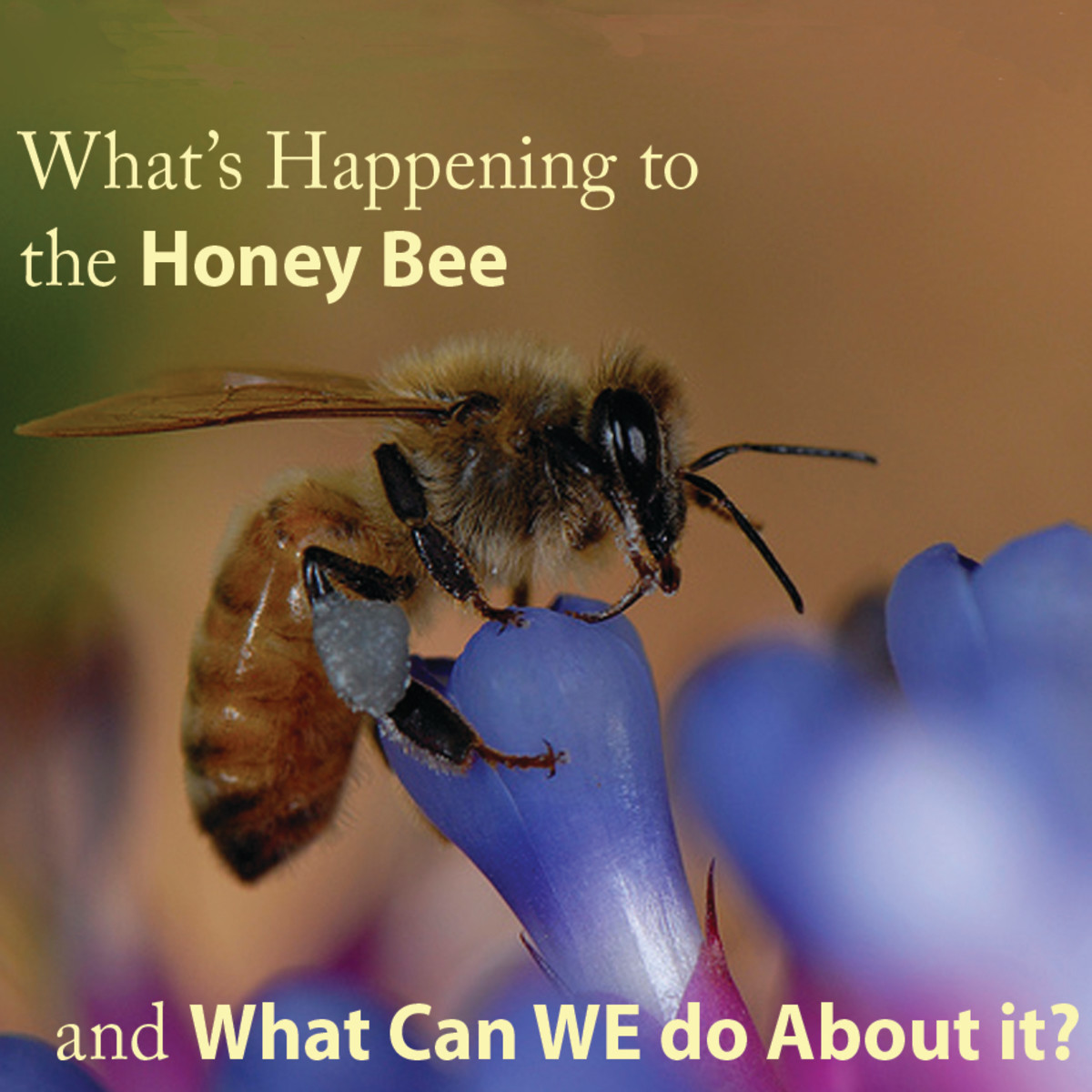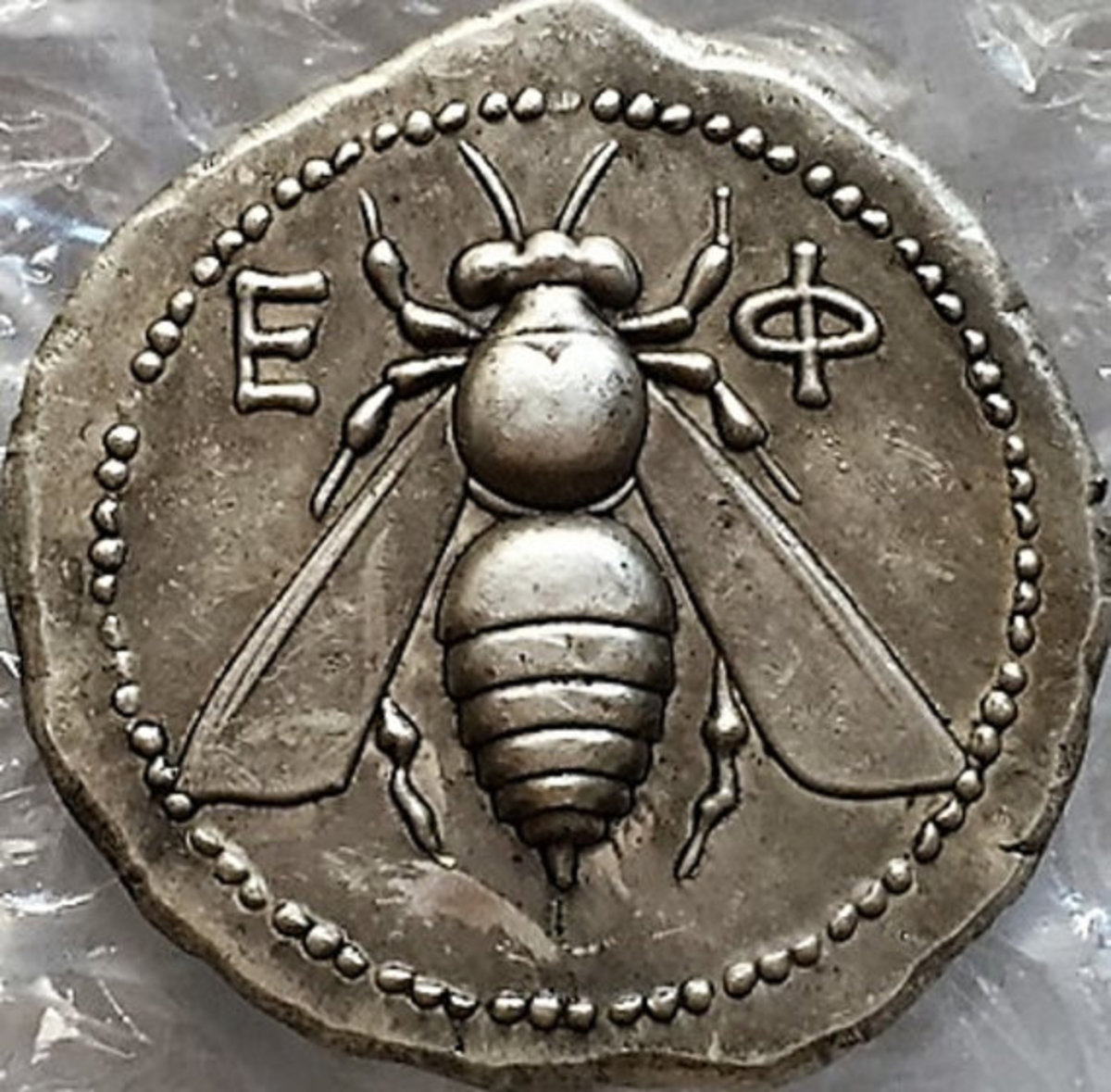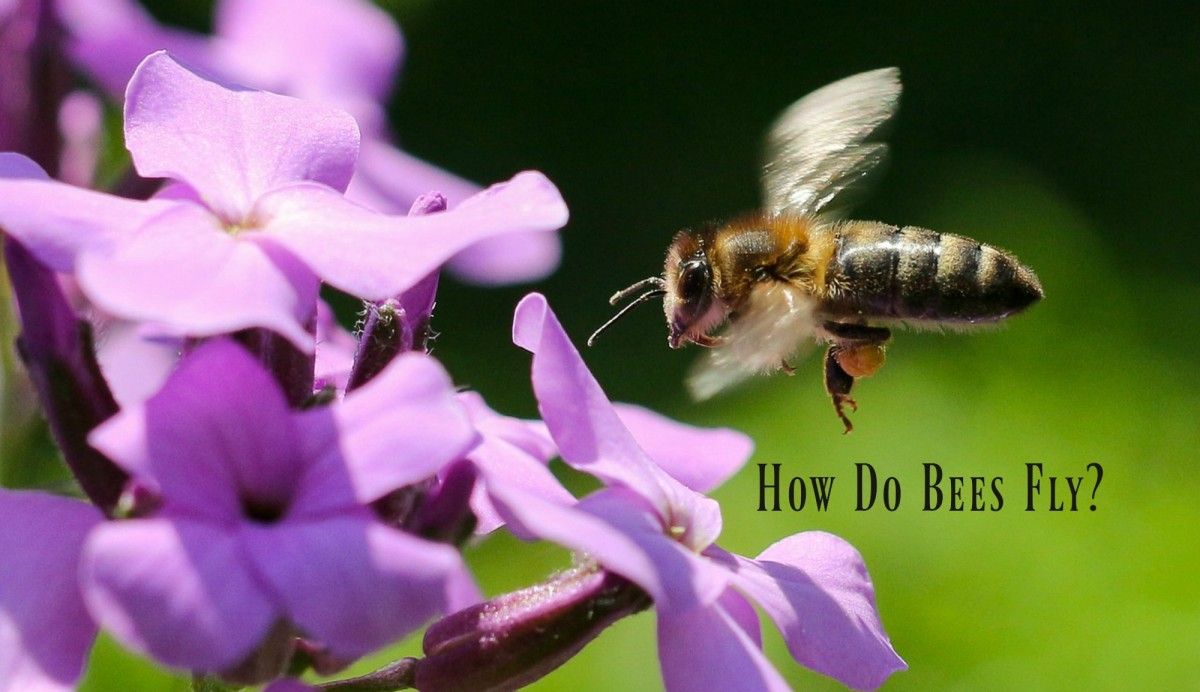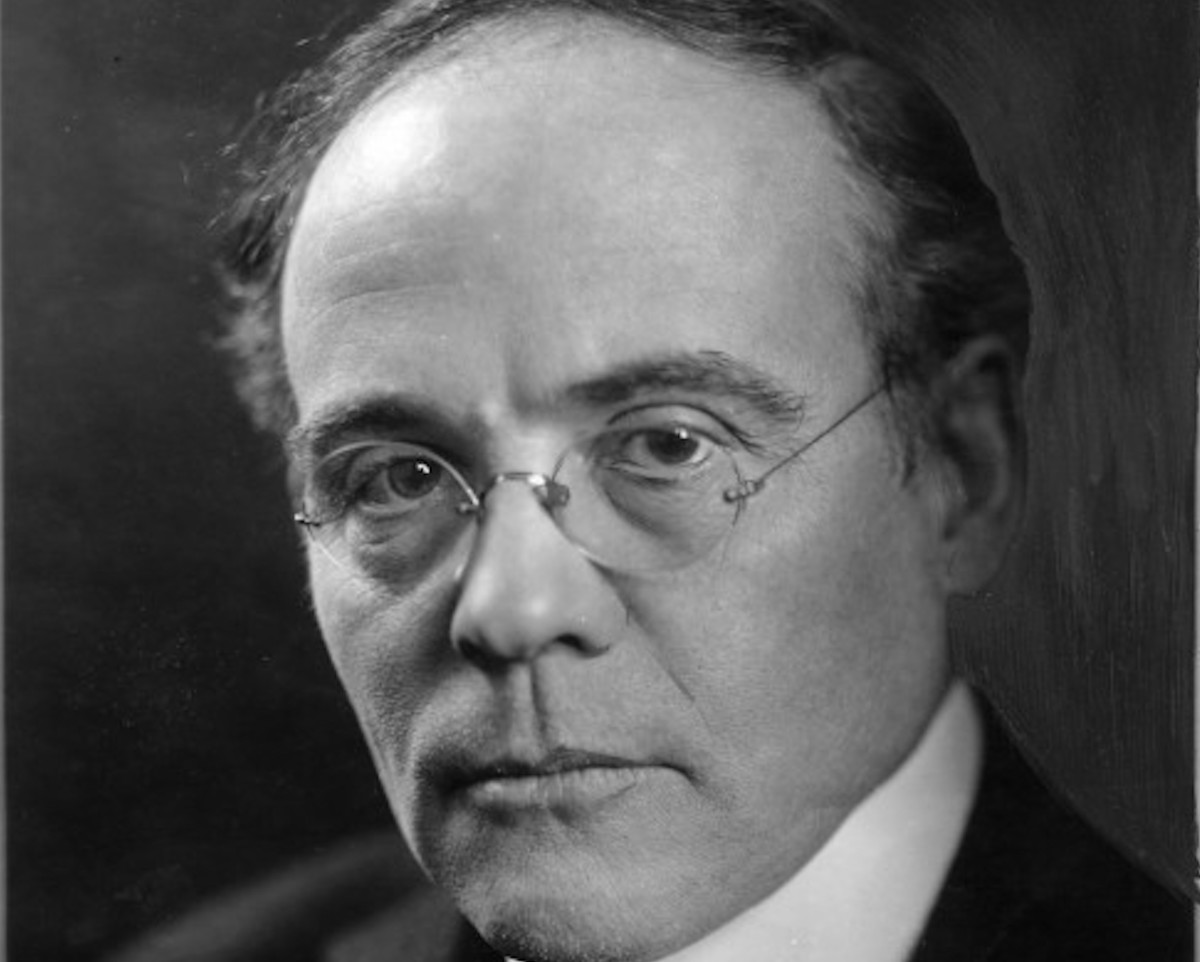Philip Freneau's "On a Honey Bee, Drinking from a Glass of Wine, and Drowned Therein"
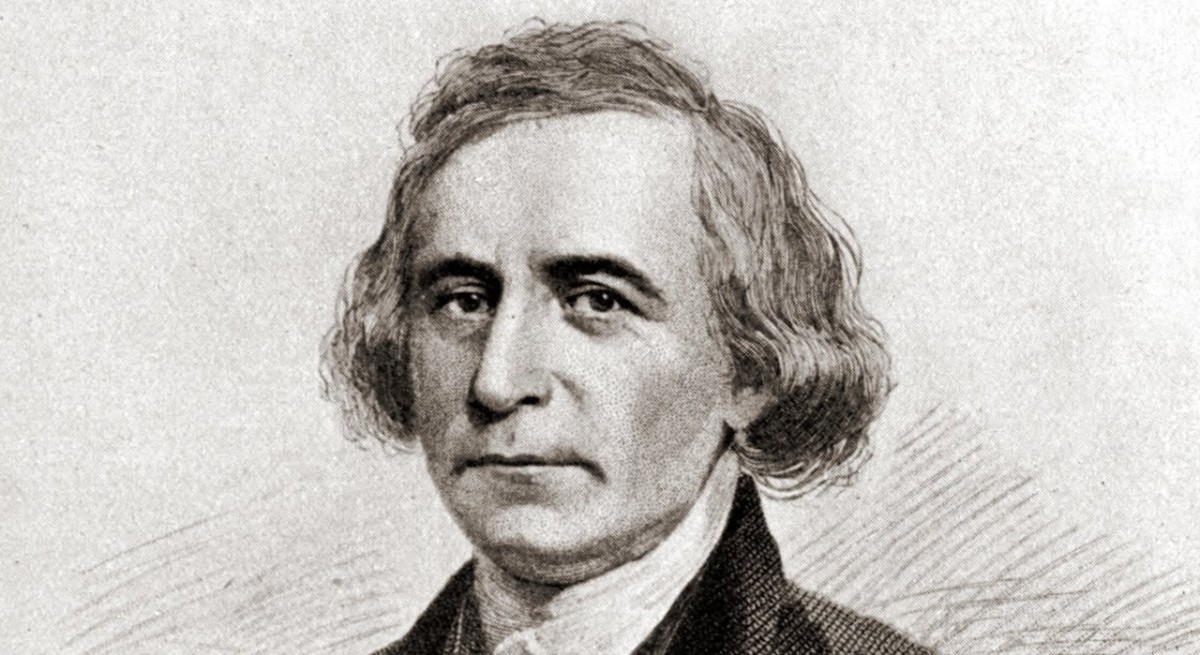
Introduction and Excerpt from "On a Honey Bee, Drinking from a Glass of Wine, and Drowned Therein"
In Philip Freneau's "On a Honey Bee, Drinking from a Glass of Wine, and Drowned Therein," the speaker is observing a honey bee who seems to have come to partake of the wine presently being enjoyed by the speaker and several of his companions. The speaker speculates about the oddity of a honey bee coming to drink wine instead of imbibing the from the bodies of water all of nature provides the little creature.
Excerpt from "On a Honey Bee Drinking from a Glass of Wine and Drowned Therein"
Thou, born to sip the lake or spring,
Or quaff the waters of the stream,
Why hither come, on vagrant wing?
Does Bacchus tempting seem,—
Did he for you this glass prepare?
Will I admit you to a share?
Did storms harass or foes perplex,
Did wasps or king-birds bring dismay,
Did wars distress, or labors vex,
Or did you miss your way?
A better seat you could not take
Than on the margin of this lake.
To read the entire poem, please visit "On a Honey Bee Drinking from a Glass of Wine and Drowned Therein."
Commentary on "On a Honey Bee, Drinking from a Glass of Wine, and Drowned Therein"
Observing a bee buzzing his glass of wine, the speaker muses on the little critter's motives for forsaking its natural habitat to carouse with wine bibbing humans.
Stanza 1: A Wine Bibbing Bee
Thou, born to sip the lake or spring,
Or quaff the waters of the stream,
Why hither come, on vagrant wing?
Does Bacchus tempting seem,—
Did he for you this glass prepare?
Will I admit you to a share?
The speaker inquisitively addresses a little honey bee, curious to ascertain why a bee would be showing interest in wine. The bee has all of natures lakes, springs, and other streams from which to acquire its liquid sustenance.
Yet here it is, seemingly being tempted by "Bacchus." The speaker wonders if the bee has just been led astray by a "vagrant wing," or if Bacchus himself has intended that the speaker's glass of wine was poured for the little creature.
The allusion to Bacchus is quite appropriate because the Roman god had been designated the god of grapes thus wine. He is the Roman version of the Greek god Dionysus, who also heads up the wine bibbing crowd along with other merrymaking.
Stanza 2: The Speculative Inquiry Continues
Did storms harass or foes perplex,
Did wasps or king-birds bring dismay,
Did wars distress, or labors vex,
Or did you miss your way?
A better seat you could not take
Than on the margin of this lake.
The speaker continues his inquiry of the bee, asking if he had had to endure "storms" or if he had been bedeviled by bullying "foes." Perhaps "wasps" or "king-birds" had given him grief. Maybe wars have caused him discomfort or the kinds of work he had to endure.
On the other hand, perhaps the little honey bee just made a wrong turn somewhere and now wound up here in the odd place. The speaker then informs the bee that he has found a fine place to land, referring to the rim of the glass of wine as "the margin of this lake."
Stanza 3: A Welcome Guest
Whatever and however the visitor wound up on the speaker's wine glass, the speaker offers the little critter a hearty "welcome." The speaker maintains that not only his glass but all present company welcome him.
The speaker then allows the bee to share in the euphoria that wine brings to the human beings: allowing "the cloud of trouble" to fade, causing "all care" to pass from the mind for a time. The speaker tells the bee that this special liquid "never fails to please." The speaker then imparts the knowledge, "the griefs of men or bee," may be washed away by wine bibbing.
Stanza 4: To Fly off on Happier Wings
The speaker abandons his speculative mood, admitting that he and his fellows cannot ultimately fathom how or why the bee has joined them, and he and his companions know the little creature will never tell them of the purpose of his journey to visit them.
They would all be glad to see the little guy take some wine and then go off fortified with the cheer that wine gives them. The speaker speculates that the bee would fly off on "lighter wings" for having quaffed a sip of the red liquid. The little creature could be in shape to avoid any foe who tried to bully him.
Stanza 5: An Allusive Warning
The speaker then admonishes the bee not to be too greedy as he imbibes the colorful, inspiring liquid. He supports his command by affirming that bees of a larger stature than the little honey bee have been known the "sink" in this liquid; he then refers to men a "full six feet high" having been overcome by the charms of this intoxicating beverage.
The speaker then alludes to the biblical passage in Exodus 15:4 (King James Version): "Pharaoh's chariots and his host hath he cast into the sea: his chosen captains also are drowned in the Red sea." The clever speaker likens the Red Sea to the red of the wine in the wine glass.
If the bee becomes overzealous in his pursuit of the wine's favors, he might end up perishing like the Egyptians who scurried after Moses and his group after the Red Sea closed back up following its parting by the great saint.
Stanza 6: Crossing the River Styx
Nevertheless, the speaker allows the bee to decide how he wishes to proceed, telling the little guy to "enjoy" the drink "without fear." But then, apparently, the bee has spurned any warning and has begun to enjoy too much and to his detriment. The wine glass has now become the bee's "grave." The speaker allows the bee to be mourned with an "epitaph" that consists of "a tear."
The speaker commands the bee to board "Charon's boat"—another classical allusion to Greek mythology. Charon was the boatman who ferried the souls of the dead across the River Styx. The speaker promises to alert the dead bee's hive that the little honey bee "died afloat."
This content is accurate and true to the best of the author’s knowledge and is not meant to substitute for formal and individualized advice from a qualified professional.
© 2024 Linda Sue Grimes

